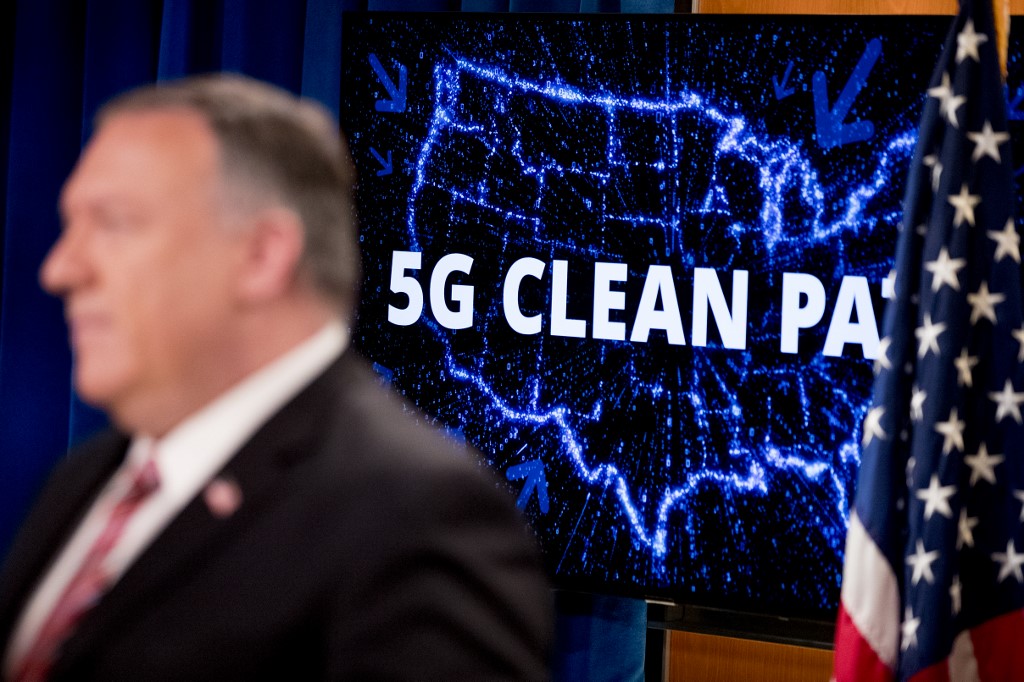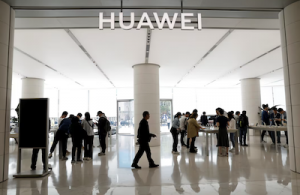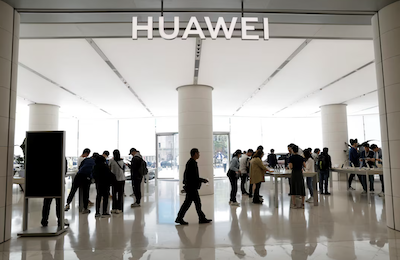The US on Monday announced that a chunk of bandwidth long reserved for the military will be auctioned off to telecommunication firms for use in ultra-speedy 5G networks.
One hundred megahertz of “contiguous, coast-to-coast mid-band spectrum” will be made available for commercial 5G deployment, the White House and the Department of Defence said in a joint release.
The bandwidth in the range from 3450 and 3550 megahertz was identified for use in 5G networks and can be made available without impairing military or national security capabilities, according to senior administration officials.
The Federal Communications Commission will be able to start auctioning the spectrum in December, and it could be put to use for new-generation telecommunication networks as soon as mid-2022, according to the release.
The addition will increase to 535 megahertz the amount of mid-band spectrum available for 5G networks in the US, which is behind other countries such as China and South Korea when it comes to deploying the potentially transformative technology.
‘Unscrupulous oppression’
Beijing recently slammed US warnings of “consequences” if Brazil chooses Chinese telecoms company Huawei to develop its 5G network, accusing Washington of “unscrupulous oppression” of the country’s tech companies.
Huawei – the world’s top producer of telecoms networking equipment – has become a pivotal issue in the geopolitical standoff between Beijing and Washington, which claims the firm poses a significant cybersecurity threat.
Foreign ministry spokesman Wang Wenbin said the US opposed the use of Huawei products not on national security grounds, but because they objected to the rise of Chinese firms.
Washington has essentially barred Huawei from the US market and waged a global campaign to isolate the company.
The British government bowed to growing US pressure and pledged last month to remove Huawei from its 5G network by 2027, despite warnings of retaliation from Beijing.
Australia and Japan have also taken steps to block or restrict the Chinese company’s participation in their 5G rollouts, while European telecoms operators including Norway’s Telenor and Sweden’s Telia have passed over Huawei as a supplier.
“Looking at the overall very big picture on 5G and the race to 5G and the dynamic going on with Huawei right now, you know, we view that as a really multifaceted effort,” a senior administrative official said.
“Without domestic deployment, you just don’t have, kind of, the market share being supported for the trusted vendors that are kind of Huawei’s competitors.”
AFP
























